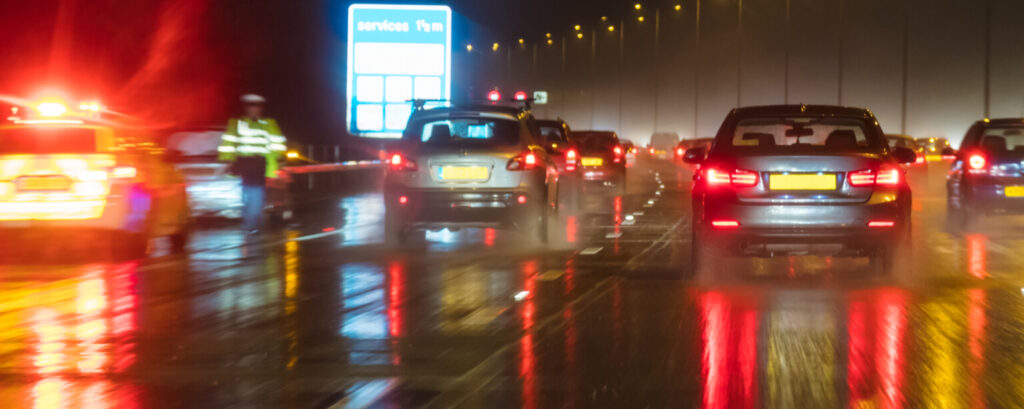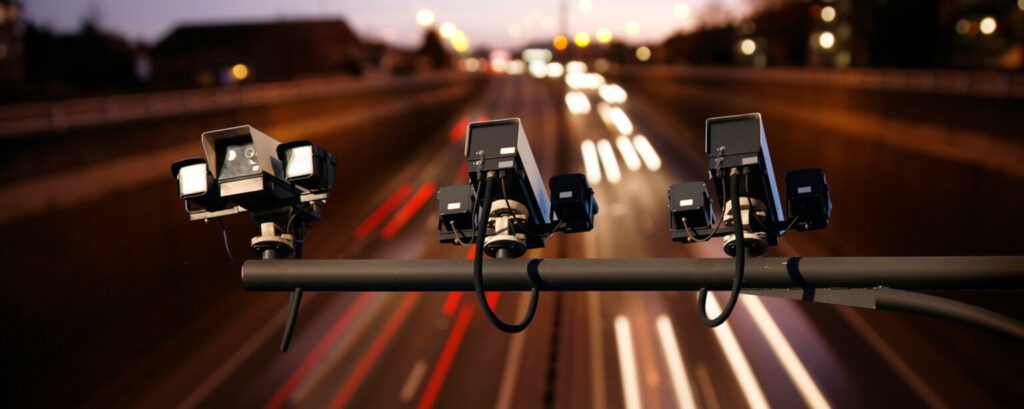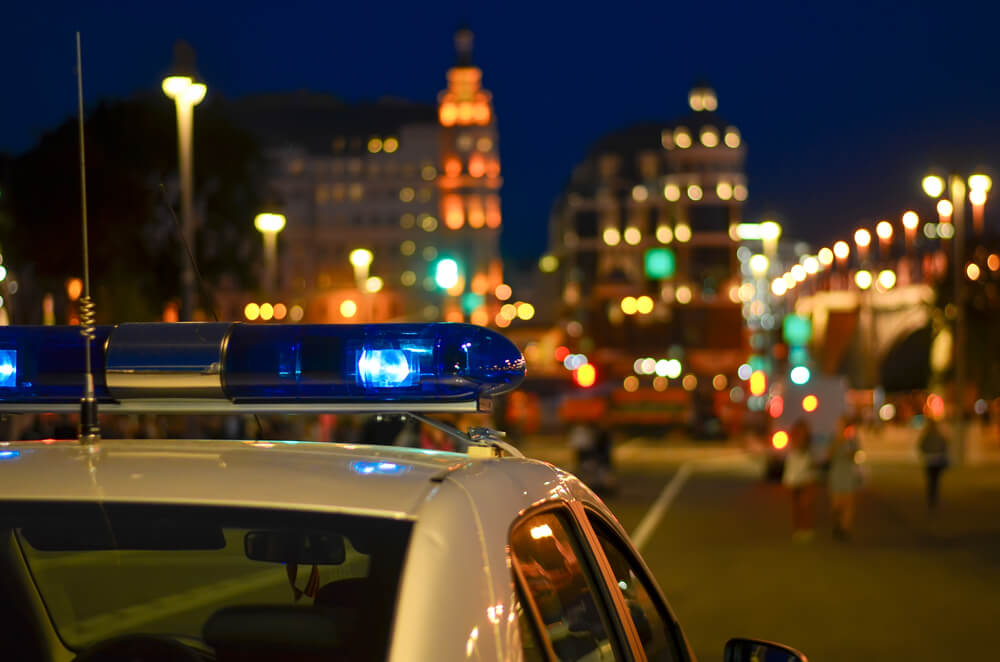In the UK, motoring offences are increasingly resulting in stricter penalties for drivers caught on the wrong side of the law. That might be a costly fine (which can be as high as £1000) for driving on unlawful custom plates, or penalty points (or even a potential driving ban) for using your mobile phone. But many kinds of motoring offences can carry greater consequences than a one-time fine.
When a motoring offence is committed by a UK driver, depending on the severity of what happened, they can be punished with penalty points (or endorsements), a disqualification, prison time, community services or fines. Certain offences are more serious than others, which can even result in them going on your criminal record.
So, What is a Motoring Conviction?
A motoring offence or conviction is the term used when a driver in the UK has broken a driving law (or laws). If you’ve been caught on the wrong side of the law, and the severity of the crime is bad enough, then you will get points on your licence as a consequence, as well as prison sentences, community service etc.
There are, broadly speaking, two types of offences that drivers can commit, including:
Minor Offences
Most driving offences that are punishable with Fixed Penalty Notices or FPN are considered “minor”. Examples of minor offences include certain speeding fines, driving without a valid MOT, and traffic light contraventions.
These must be declared to your insurance company and, in the future, may affect your policy premiums, especially for repeat offences.
Major Offences
Unlike minor offences, major ones can be escalated to the magistrates, result in criminal convictions, and affect more than just your driving licence. These are things like excessive speeding, drug driving, driving with the intent to cause damage and dangerous driving.
How Do Driving Offences Affect My Criminal Record?
Major driving convictions will affect your criminal record and remain on your record until they become spent.
Convictions work a little like points on your driving licence; over time, these can become ‘spent’ or reset. After that time, according to the Rehabilitation of Offenders Act 1974, a crime can be spent, which means it’s removed from a criminal record.
The time it takes for a conviction to be considered spent depends on the severity of the conviction. A drink driving conviction, for example, becomes spent after 5 years from the date of being convicted.

Dealing with Motoring Convictions on a Criminal Record
It’s worth remembering that anything considered “criminal”, which includes police-issued cautions, will appear on a criminal record. Driving convictions that appear on criminal records are called “recordable offences”, which are more severe examples of driving offences, such as drug-driving, dangerous driving, or driving with excessive speed.
There are certain scenarios where minor offences can escalate into a conviction, which usually occurs where a driver has ignored a Fixed Penalty Notice which is a fine at a fixed cost that has to be paid within a certain number of days.
Introduced in the 1998 Road Traffic Act, Fixed Penalty Notices can escalate more minor offences like driving without insurance, setting out conditions that drivers must meet (typically within a given deadline) in order to clear their guilt.
Which Motoring Convictions Result in a Criminal Record?
There are certain motoring offences that, if a driver is found guilty, will go on a criminal record, including:
- acts of dangerous driving
- drink driving
- drug-driving
- failure to supply a specimen (blood, urine, or breath)
- failure to stop for, or report, an accident
Cautions, offered as an alternative to prosecution, will be included on a criminal record as well. Other non-imprisonable offences can appear on a criminal record, such as tampering with a vehicle.
Many minor driving offences will not appear on a criminal record, such as speeding, using a mobile phone, refusing to provide driver information and basic traffic violations.
Is Speeding a Crime?
Yes, in the UK speeding is a driving offence that can result in costly fines, penalty points, or even a ban. In recent years, speeding has become more strictly regulated and the sentence, for guilty drivers, carries a minimum of a fine and 3 penalty points against a record.
After being caught speeding by a camera, a driver can expect up to 14 days’ notice before being issued with one of the following:
- a Notice of Intended Prosecution (NIP)
- a Section 172 notice
A driver will be given 28 days to comply, notifying the police who was driving the car and, therefore, who committed the offence.
After this period, a driver can expect to either settle a payable fine or FPN (within a deadline that’s usually capped at 28 days) or be sent a court summons. Sometimes a speed awareness course will be offered as an alternative, but this if often for first-time offenders.
It’s a similar procedure if you’re caught by the police, who have the power to issue an FPN, court summons, or, in minor cases of speeding, can give a verbal warning.
So, You’ve Been Found Guilty of Speeding, What’s Next?
As mentioned, guilty drivers will be expected to pay a £100 fine and they will receive 3 penalty points (which will last on your licence for 4 years), depending on the speed you were driving. Those who were caught excessively over the limit should expect a heavier sentence.
For new drivers, or those within 2 years of holding their licence, a build-up of 6 or more penalty points will result in a licence being withdrawn. This offence can be more punishing for newer or younger drivers lacking experience on the road.
Do You Get a Criminal Record for Speeding?
Whilst speeding is not classified as a criminal conviction straight away, a speeding offence may be included on a criminal record.
A speeding offence or penalty can affect a criminal record if it’s not properly dealt with, such as not settling a penalty notice or FPN on time.

Is Drink Driving Enough for a Conviction?
Yes, according to the Road Traffic Act 1988, drink-driving is severe enough to be considered a criminal conviction. If you’re driving over the allowed limit, a driver will be convicted of a driving offence and a criminal offence at once.
Drink driving carries severe consequences, from 12-month driving bans to heavy fines, and lengthy prison times. But the punishment doesn’t end there. On rehabilitation, anyone returning from a drink driving conviction will even notice that it’s harder to arrange insurance, unless you speak with a specialist like Keith Michaels.
Will Driving Without a Licence in the UK Show on Your Criminal Record?
Under the Road Traffic Act 1998, driving without a licence is considered a serious offence. Consequently, drivers can be punished with a significant fine, anywhere from 3-6 penalty points, or even a ban.
Driving unaccompanied on a provisional licence is likewise an offence, unless the driver is accompanied by a full licence holder (aged 21+).
Is a Driving Ban the Same as a Criminal Conviction?
No, a driving ban does not equal a criminal conviction. Yet, a driver can be banned if they’ve been convicted of a motoring offence.
Looking for Convicted Car Insurance? Keith Michaels Can Help
If you’ve been caught on the wrong side of the law, our brokers can arrange specialist policies to help you get back on the road. We can help you find competitive cover today when you get in touch.


